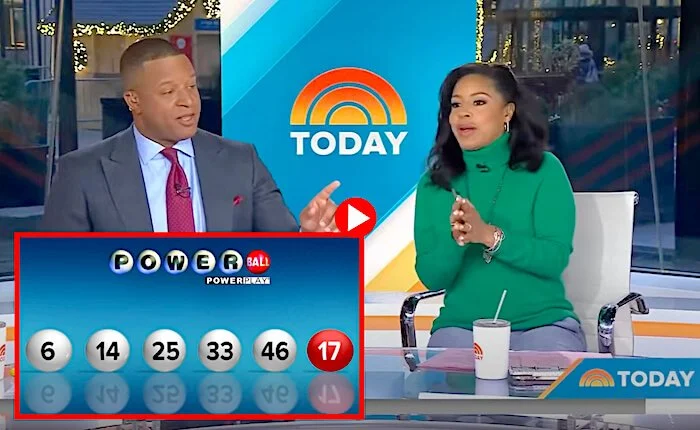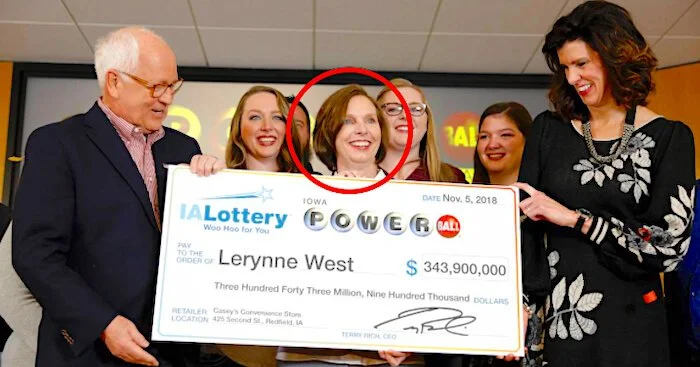What happens if more than one lucky player wins the Powerball jackpot?
/THE fifth-highest Powerball jackpot was the January 5 US Powerball drawing of $632.6 million. It was won by two lucky lottery players who have yet to claim their share.
The winning tickets were sold in California and Wisconsin, and matched all six numbers: 6, 14, 25, 33, and 46, with the Powerball number of 17.
So what happens when more than one player wins a prize?
Powerball is played with 5 white balls with numbers from 1 to 69, and a Power ball with numbers from 1 to 26.
If all six numbers on a ticket match the official draw numbers, the prize is won. The numbers don’t have to be in any order.
When any lottery prize is won by more than one player, the prize is split equally between them.
The last time this happened was on October 27, 2018, when the US Powerball jackpot of $687.8 million produced two winning tickets.
The jackpot stopped a run of 21 rollovers and scooped the winners $343.9 million each.
One of the 2018 game entries was bought by Robert Bailey (seen here with presenter Yolanda Vega) from a deli in West Harlem in Manhattan, New York.
The other ticket was purchased by Lerynne West at Casey’s 425 Second St. in Redfield, near Des Moines, who became Iowa’s biggest lottery winner.
The USA Powerball states in their FAQ page: "If more than one person wins the jackpot, the prize is equally divided among the winners.”
“All other prizes, from $ 1 million down to $4, are fixed prize amounts, and are paid in full to each winner."
Two separate tickets matched all winning numbers for the $632.6 million Powerball jackpot last Wednesday.
One of these was sold in Green Bay, Wisconsin. The second winning ticket was sold at a 7-Eleven at Wyndham Drive at the corner of Valley Hi in Sacramento.
The store gets a bonus of $1 million for selling the big winner, Lottery officials said.
Each ticket is worth $316.3 million in annuities, or $225.1 million in cash before taxes.
If the annuity option is selected, the Powerball winner is guaranteed to receive 30 graduated payments over 29 years. The annual payments increase by 5% until the 30th and final payment.











































